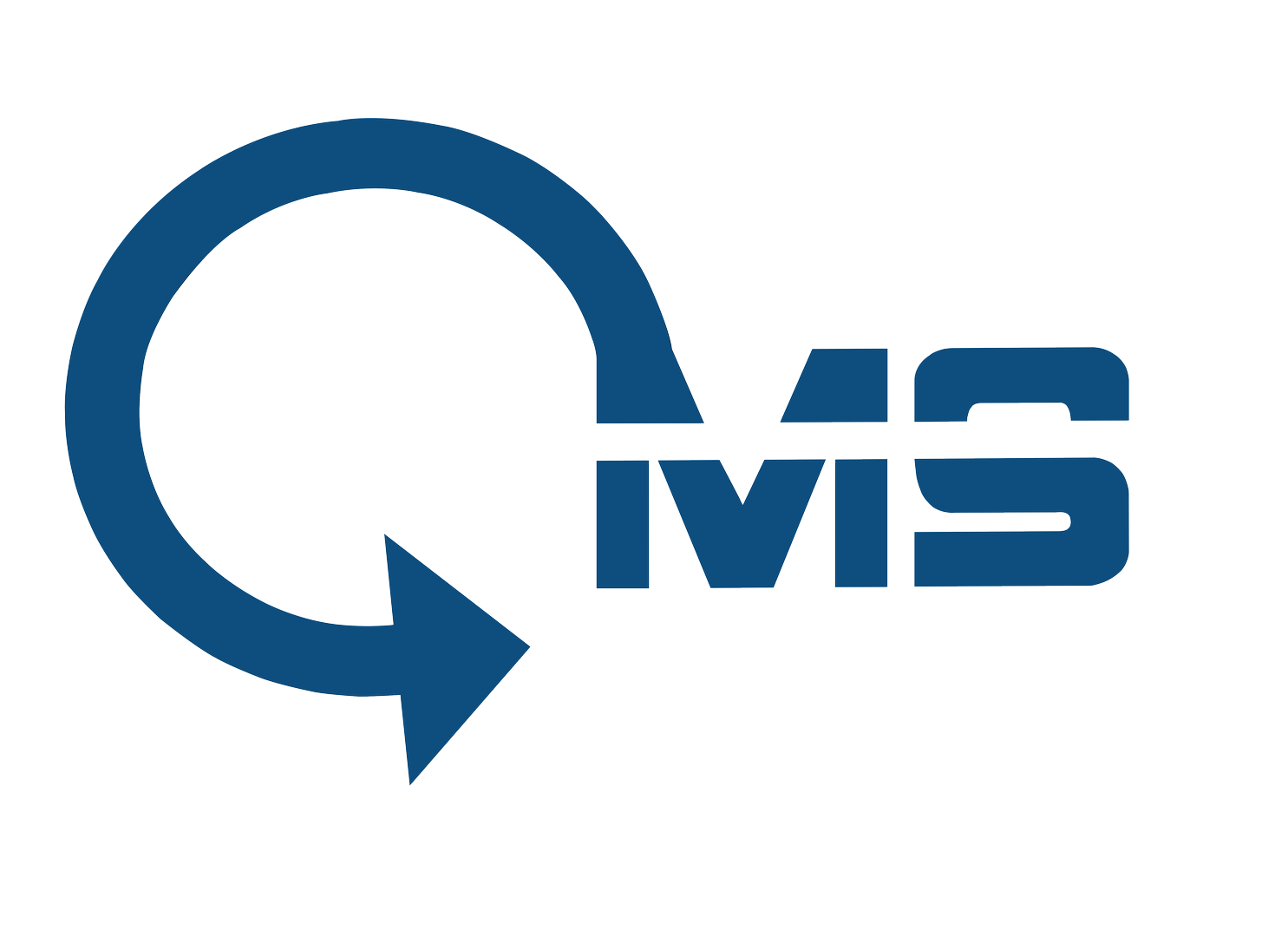QMS
ISO 9001
ISO 9001
ISO 9001 Quality Management system
The Benefits of Implementing the ISO 9001 Quality Management System
Thesis Statement: The ISO 9001 Quality Management System is a powerful tool that can significantly enhance organizational performance, improve customer satisfaction, and drive continuous improvement.
Introduction: In today’s competitive business environment, organizations are constantly seeking ways to improve their operations, enhance customer satisfaction, and drive sustainable growth. One proven method that has gained widespread recognition for its effectiveness is the implementation of the ISO 9001 Quality Management System. This internationally recognized standard provides a framework for organizations to establish and maintain an effective quality management system, leading to numerous benefits that can positively impact the overall success of the organization
Benefits of implementing ISO 9001 include:
- Improved Quality and Consistency:
- The ISO 9001 standard emphasizes the importance of meeting customer requirements and enhancing customer satisfaction through the consistent delivery of high-quality products and services.
- By implementing ISO 9001, organizations can establish clear processes and procedures that help ensure consistency in operations, leading to improved product quality and reduced errors or defects.
Enhanced Customer Satisfaction:
- Customer satisfaction is a key driver of business success, and organizations that prioritize customer needs are more likely to build long-lasting relationships and secure repeat business.
- ISO 9001 helps organizations focus on understanding customer requirements, monitoring customer feedback, and continuously improving processes to meet and exceed customer expectations.
Increased Efficiency and Cost Savings:
- Implementing ISO 9001 can help organizations streamline their processes, reduce waste, and optimize resource utilization.
- By identifying and eliminating inefficiencies, organizations can improve productivity, reduce costs, and enhance overall operational efficiency.
Facilitates Continuous Improvement:
- The ISO 9001 standard promotes a culture of continuous improvement by requiring organizations to regularly review and evaluate their processes, identify areas for enhancement, and implement corrective actions.
- Through the process of continual improvement, organizations can adapt to changing market conditions, stay ahead of competitors, and drive innovation within their industry.
© 2024 QMS All Rights Reserved.

